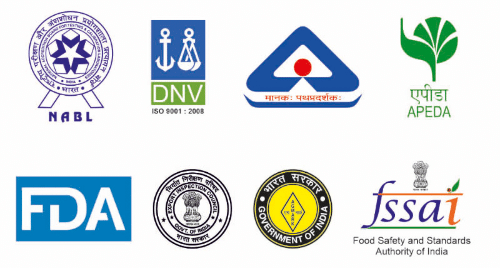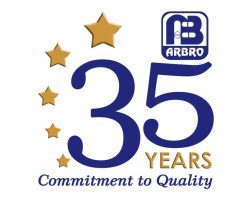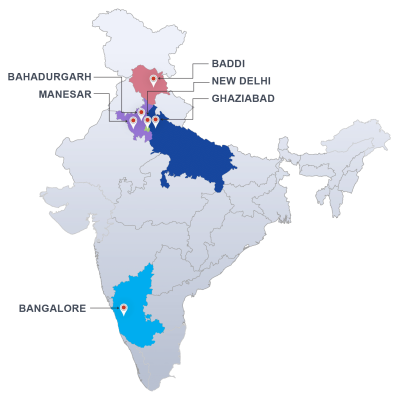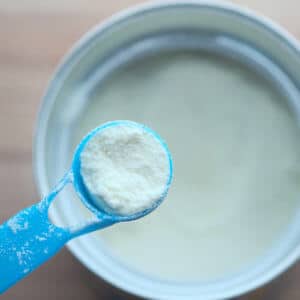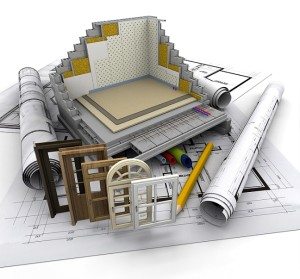
Choosing the correct quality of construction materials can sometimes prove to be difficult. Some of the critical construction materials like cement, steel, concrete etc. need to be of the highest quality as these are the essential “backbone” of any construction endeavor. The suitability of these materials for construction purposes can be established through rigorous testing. Proper testing can be carried out only when stringent standards and guidelines are available which can be followed and which will act as the benchmark and comparator.
Quality Guidelines in India
The quality guidelines in India for construction and building materials are developed by the Bureau of Indian Standards (BIS), the National Standards Body in India. The BIS has the responsibility for developing the Standards, as well as issuing Licenses for Product Certification.
The BIS has developed a set of guidelines in order to ensure the Quality Standards of the various types of construction materials. These broadly fall within two categories – “Building Materials including Paints” and “Civil Engineering Design and Construction” & sub-categories therein). These incorporate the guidelines for testing cement, concrete, concrete admixtures, additives, soil & rock and steel & aluminum structures, amongst others. The BIS has published (1st July 2014) a comprehensive document by the Civil Engineering Department that lists “all” the areas in full detail, along with the exact method used and the relevant “IS No” and “Year”.
Materials testing is carried out at various testing labs around the country. It is essential that all these Testing Laboratories are recognized by BIS. There are currently 154 BIS recognized Testing Labs in India of which 93 are Private Labs and 61 are Government Labs.
Common Tests Used for Construction Materials
Some of the most common construction materials are Cement, Steel, Concrete, Aggregates, bricks and marble / granite. The commonly used tests for these materials are briefly highlighted below:
CEMENT
- Chemical Analysis
- Compressive Strength
- Fineness
- Heat of Hydration
- Setting Time & others
STEEL
- Rebend Test
- Elongation Test
- Ultimate Tensile Strength Test
CONCRETE
- Design Mix
- Chloride Content
- Chloride Permeability
- Chloride Ponding
- Cube Compressive Test
- Ultrasonic Testing & others
AGGREGATE TESTING
- Bulk density
- Polished aggregate friction value
- Particle density & water absorption
- Sieve analysis
- Aggregate crushing value
- Petrography analysis
- Alkali-aggregate reactivity
- Chloride content & others
BRICK TESTING
- Apparent porosity & density
- Water absorption
- Permanent linear change
- Abrasion resistance
- Creep test
- Modulus of rupture & others
MARBLE / GRANITE TESTING
- Water absorption
- Mohs hardness
- Modulus of rupture
- Frost resistance
- Chemical resistance
- Dimension testing
- Thermal shock test
- Breaking strength
Only a few of the tests have been presented in order to give the reader an idea of the tests being used for standardization purposes. Likewise, there are many other tests for other construction materials also. These testing methods are aimed at rigorously evaluating the suitability of the materials for construction purposes. Passing the tests will ensure that the products are of a specified standard and are thereby labelled with the “ISI stamp of quality” as per the standards set forth by the BIS. So, all customers should look for the “ISI mark” when purchasing a building material.
Conclusion
It is evident from the above discussion that the relevant Standards and Guidelines for the maintenance of the quality of construction materials are in place. However, the Contractors and Engineers who actually implement the construction work must be competent and well aware of the standards and guidelines in order to ensure Quality Assurance and Compliance with the standards.
Please contact us now by calling us on our contact number +91-11-45754575 or post your query by filling and submitting the contact form and we will reply with a free proposal.


